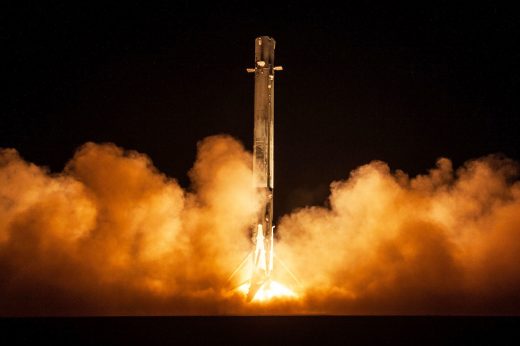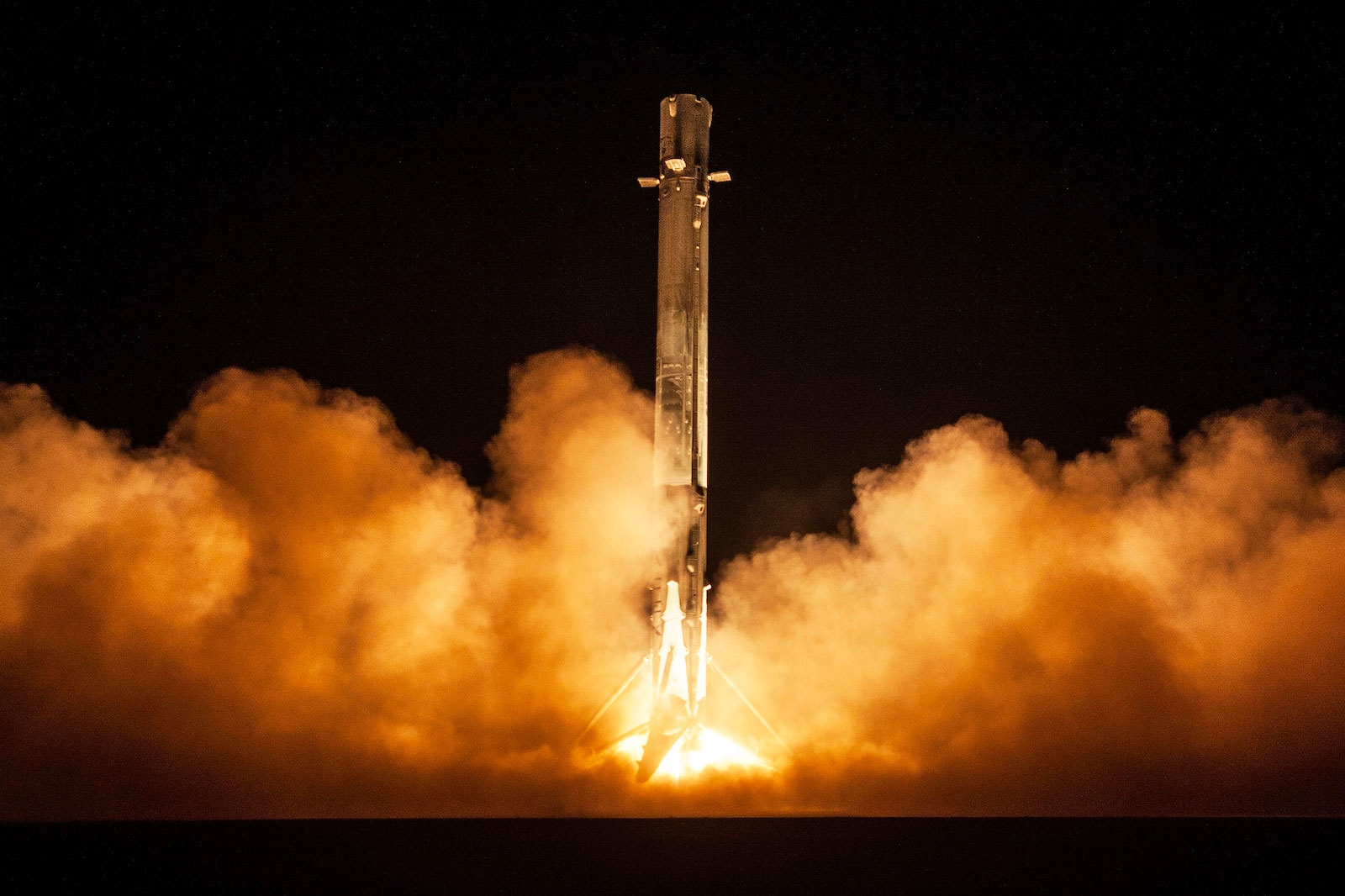SpaceX says its rocket didn’t malfunction during the Zuma launch
Sunday night, SpaceX launched a Falcon 9 rocket carrying the mysterious Zuma payload — a satellite made by Northrop Grumman for an unnamed US government agency. The launch itself was more secretive than usual as the classified status of Zuma meant portions of the launch weren’t livestreamed like they typically are. Shortly after launch, the rocket’s first stage successfully landed at Cape Canaveral but it appears that Zuma’s fate wasn’t as rosy. It’s unclear what exactly happened to the satellite, but it appears that at the very least, it didn’t end up where it was supposed to. Some pointed their fingers at SpaceX, but on Monday the company said, “We do not comment on missions of this nature; but as of right now reviews of the data indicate Falcon 9 performed nominally,” meaning the rocket performed as expected. Now, SpaceX has doubled down on that statement saying whatever happened is definitely not on them.
In a statement to TechCrunch, SpaceX President and COO Gwynne Shotwell said, “For clarity: after review of all data to date, Falcon 9 did everything correctly on Sunday night. If we or others find otherwise based on further review, we will report it immediately. Information published that is contrary to this statement is categorically false.” She also said that because of the misson’s classified nature, the company couldn’t comment further.
So what did happen to Zuma is still a big question mark and we may never get the full story. Some accounts have said that Zuma deorbited and burned up as it fell through the atmosphere. But it’s possible the satellite is still up there and unresponsive. One proposed theory is that Zuma didn’t properly detach from the Falcon 9’s second stage and because the piece attaching it to the rocket — the payload adapter — was made by Northrop Grumman rather than SpaceX, that could mean the rocket did in fact perform as expected and a faulty adapter was to blame. However, no government agency has stepped up to claim the satellite and Northrop Grumman has naturally remained tight-lipped about the whole mission.
If SpaceX really was at fault, it probably wouldn’t jump right into another major launch. But Falcon Heavy is still on schedule for a static fire later this week, just ahead of its upcoming and highly anticipated launch. “Since the data reviewed so far indicates that no design, operational or other changes are needed, we do not anticipate any impact on the upcoming launch schedule,” said Shotwell.
(35)




